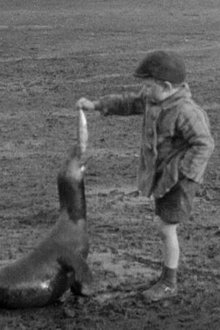Hat's off to Luton for pulling out all the stops as residents celebrate its 50th anniversary of becoming a municipal borough.
Related Movies
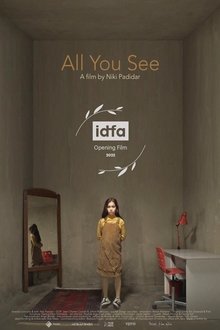
All You See (2022)
What if from one day to the next, you’re no longer seen, but instead are stared at? The leading characters in this multi-layered film have ended up in a new world where suddenly nothing seems to align. In their new lives in the Netherlands, they unintentionally provoke reactions on a daily basis. Even after many years, they still hear the same questions over and over again: where are you from, do you speak Dutch, do you tan in the sun?
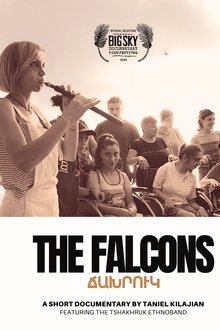
The Falcons (2025)
The Falcons is an intimate, observational documentary that delves into the world of the Tshakhruk Ethnoband, a remarkable musical ensemble in the Armenian highlands. Comprised of special-needs children that reside at the state orphanage, these young musicians find solace, strength, and self-expression through the transformative power of music.

Someday My Prince Will Come (2005)
An exposed Cumbrian village by the sea surrounded by windmills, fields and factories provides a striking setting for this fairy tale of young love and the loss of childhood innocence. Over one year, the film follows the 9 year-old Laura Anne and her 11 year-old cousin, Steven as they move towards the end of their childhoods. The narrative is told in rhyme by the young female protagonist. As time passes and the seasons change, feelings and memories from all our childhoods are evoked and we wonder what time will make of Laura Anne and Steven.
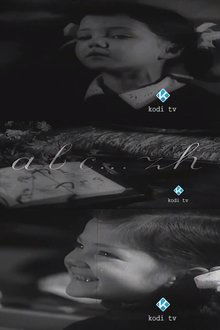
A, B, C... Z (1971)
Children get ready to start the first grade. They start learning the first letters.

The Little Travelers: Japan (2007)
This first installment of The Little Travelers set in Japan is a true pearl in the sea of children s media! It is filled with tender moments between the two sisters, Chantel and Nakia, and their new Japanese friends that demonstrate to viewers, young and old, how cultural understanding can flourish and ideally move us closer to world peace. What an incredible job the film does in sharing the very different customs, foods, and living arrangements. I wanted to live in Japan with the girls! There are moments in the video that I laughed with pure delight when Nakia and Chantel tried to walk in their wooden sandals or fell asleep on the train. There were equally exquisite moments when the sisters played among the blossoming cherry trees or visited the tranquil religious shrines. I can t wait to see where the girls visit next. --Patti Connolly, Educator

Hitchin. Honouring the Brave (1912)
Victims of a tragic air crash are honoured in a sombre military funeral procession through the streets of Hitchin.

Born Schizophrenic: Jani's Next Chapter (2012)
Jani is one of the youngest children ever diagnosed with schizophrenia. At age 9, she's seen great improvements and some setbacks. But now her parent's attention turns toward her brother, Bodhi. At age 4, is he showing signs of schizophrenia too?
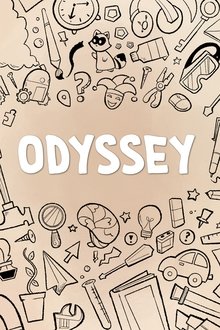
Odyssey (2023)
Six California kids test their brains and talents against students in Odyssey of the Mind, a problem-solving competition requiring mechanical, creative and intellectual skills. With little money and zero adult participation, the teens build a robot to tell a story about bullying, exclusion and mental health. But how does their solution measure up?

Born Schizophrenic: Jani & Bodhi's Journey (2014)
Jani, now 11, is showing improvement in keeping her hallucinations at bay. But the same cannot be said for Bodhi, now 6. His dangerous outbursts have landed him in the hospital; leaving the doctors and family with a puzzling diagnosis.
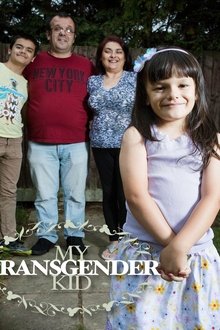
My Transgender Kid (2015)
Two British families discuss the challenges they face raising children who identify as a gender different from the one they were assigned at birth.

In Zainab's Heaven (2023)
A Hazara film director follows a gravestone maker, a water girl and a man who buried his limb, as their daily lives unfold in a graveyard.

The children trapped in Bangladesh's brothel village (2016)
Daulatdia is an entire village in Bangladesh dedicated to prostitution. Every day, 1,600 trafficked, enslaved and abandoned women and girls sell themselves for £2 a time. In the midst of the trade live 300 children, many born in the village. Some will be groomed to be the future of the business like their mothers and grandmothers. With education programmes and support provided by Save The Children, a few may find their way out.
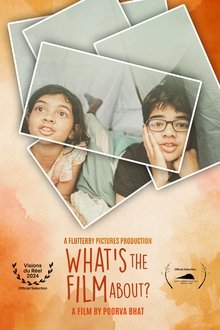
What's the Film About? (2024)
During a camping weekend, Indian filmmaker Poorva Bhat tries to find the right way to discuss consent with her two children. In the intimacy of the tent, the three find the safe space needed to explore together the innocence or otherwise of looks and gestures, both in everyday life and in the cinema.

A Cat And Dog Life (1928)
Dogs and cats go on show at two princely London venues – among them some of the fluffiest kittens London is ever likely to see.

Trip to Hilsea Lido (1949)
Large numbers of children and adults can be seen enjoying themselves, splashing about in the water or diving from the high-boards.

Broadstairs and Margate Items (1930)
The Thanet coast featuring boat rides, horses and family outings.
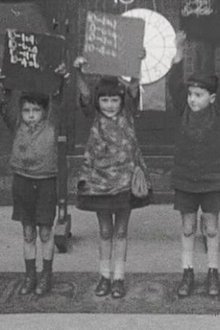
Education Week (1925)
Young scholars get busy for Newcastle-on-Tyne's 'Education Week' in the tour of Tyneside classrooms.
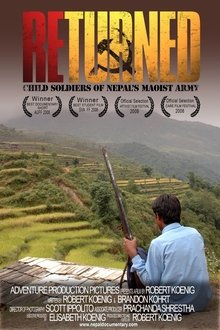
Returned: Child Soldiers of Nepal's Maoist Army (2008)
Imagine being forced to leave your family and fight in war you don't understand - and you are only eleven years old. Sadly, for many of these child soldiers in Nepal this is a reality and the peace process has not solved their problems. These children quickly discovered that the return home is even more painful than the experience of war. Returned weaves the voices of Nepal's child soldiers, organizations working to help them, and military leader's from Nepal's opposing forces, who answer challenging questions about their use of childen as warriors.
